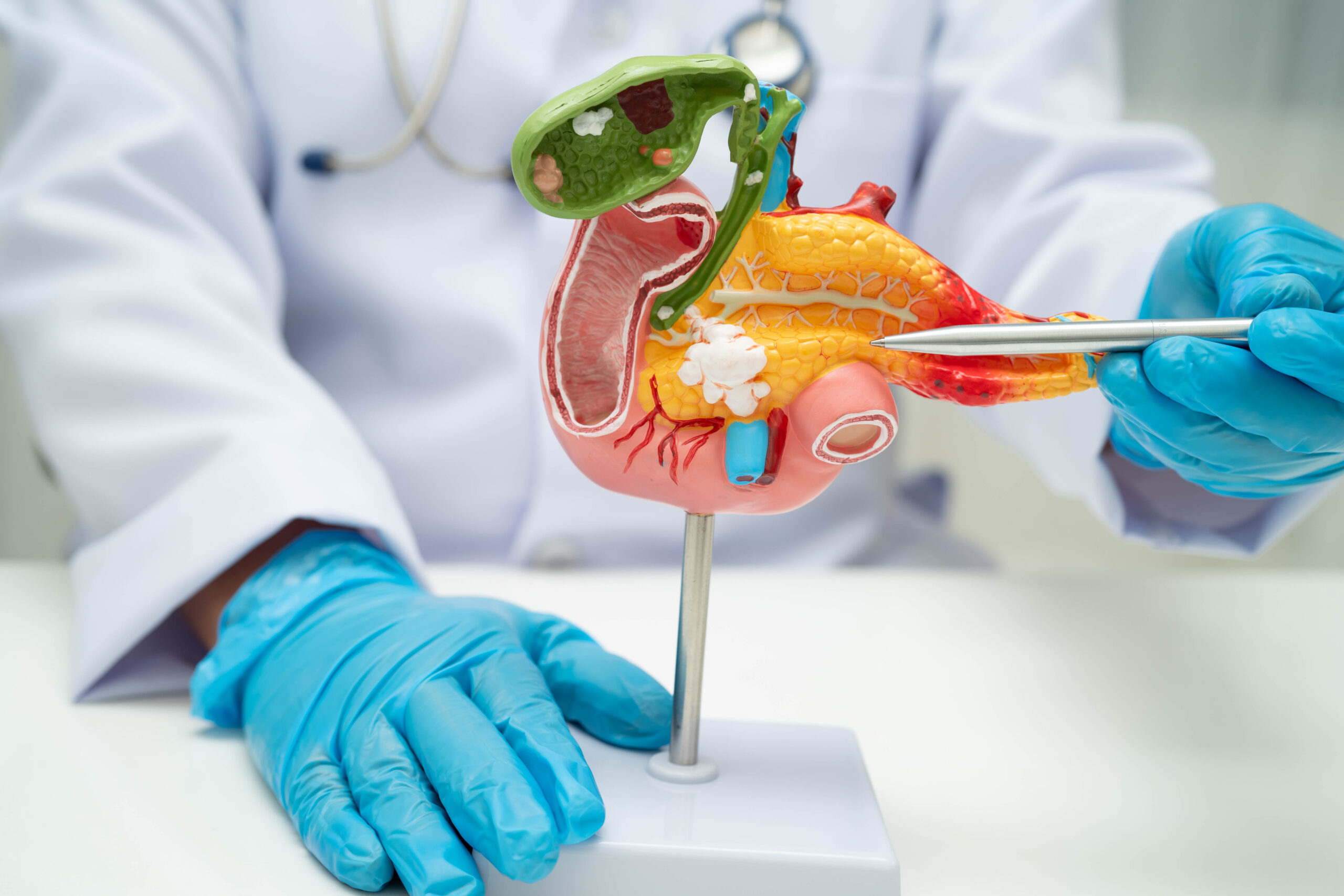What is Acute Pancreatitis?
Acute pancreatitis is a sudden swelling of the pancreas. The pancreas is a small organ behind your stomach. It helps your body digest food and control blood sugar. When the pancreas becomes inflamed, it can cause pain and other health problems. Acute pancreatitis can start quickly and may need urgent care. Many people wonder about acute pancreatitis symptoms, causes, and treatment. Knowing the basics can help you spot problems early and get the right help.
Common Symptoms
Acute pancreatitis often causes strong symptoms. However, some signs can be mild at first. It is important to notice these symptoms early. If you have any of the following, seek medical help:
Sometimes, people may also notice yellow skin or eyes, called jaundice. But not everyone will have all these symptoms. If you feel unwell, it is best to check with a doctor.
Main Causes and Risk Factors
There are several causes of acute pancreatitis. Some people are more at risk than others. Knowing the main causes can help you avoid them. The most common causes include:
Besides these, some risk factors make acute pancreatitis more likely. For example, having a family history, smoking, or certain health conditions can raise your risk. But sometimes, the cause is not clear.
How Acute Pancreatitis is Diagnosed
Doctors use several steps to diagnose acute pancreatitis. First, they ask about your symptoms and health history. Next, they may do a physical exam. To confirm the diagnosis, doctors often order tests, such as:
These tests help find the cause and check for problems. Early diagnosis can lead to better treatment and fewer complications.
Treatment Options
Treatment for acute pancreatitis usually starts in the hospital. The main goals are to rest the pancreas and treat the cause. Most people need:
Sometimes, doctors may treat the cause directly. For example, they may remove gallstones or stop certain medicines. In severe cases, surgery or other procedures may be needed. Most people recover with proper care, but some may have lasting problems.
Lifestyle Tips and Prevention
There are steps you can take to lower your risk of acute pancreatitis. Healthy habits can make a big difference. Here are some tips:
In addition, regular check-ups with your doctor can help catch problems early. If you have gallstones or other risk factors, talk to your doctor about ways to prevent attacks.
When to See a Doctor
Acute pancreatitis can be serious. Therefore, you should see a doctor right away if you have:
Early treatment can prevent serious problems. Do not wait if you feel very unwell.
Conclusion
Acute pancreatitis is a sudden and serious health problem. However, with early care and healthy habits, most people recover well. If you notice symptoms or have risk factors, consult your healthcare provider for advice tailored to you.

